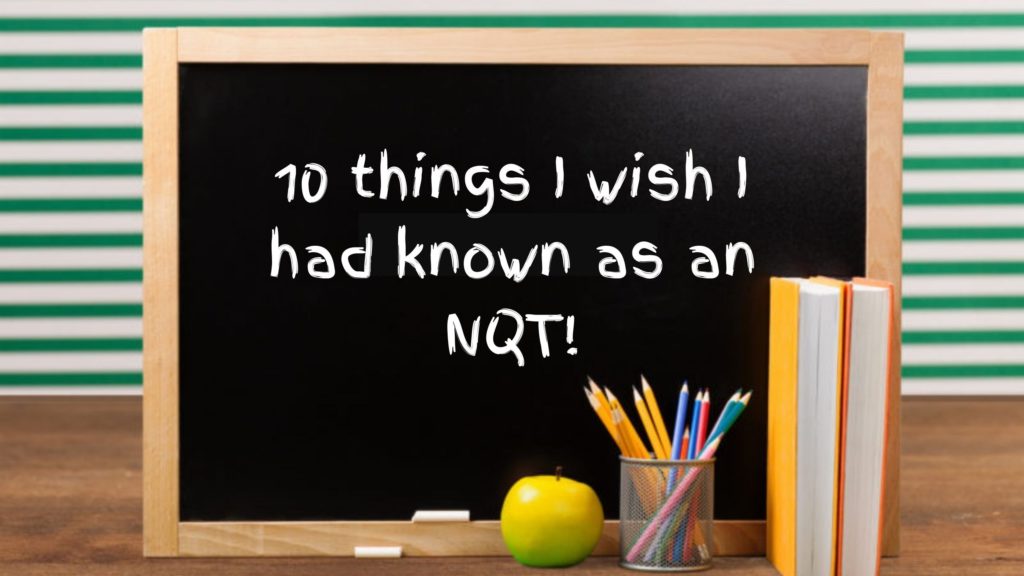Coaching and Mentoring to all Staff

Twilight INSETS by their very nature are very dull affairs, mostly added to the school calendar to enable the Headteacher to head off on their Caribbean Cruise a few days early in July. A generic tick box exercise that neither the staff nor the senior leaders really want to engage fully in but feel that it is necessary so as not to feel the wrath of the Ofsted behemoth.
This week’s was different though, the focus was on coaching and mentoring, a process I had enjoyed at a previous school and delighted that it was being introduced here. The premise that all teachers are mentored by other teachers in terms of their classroom practice, teaching and learning etc.
Mentoring encourages staff to discuss current pedagogy, conduct lesson observations, give quality feedback and focuses them on high standards (QTS standards) in terms of teaching and learning.
We have been put in groups of three, in my group I have myself (Head of Humanities, a teacher of Science and an NQT Drama Teacher), the breadth and depth of the subject areas make the process exciting, in 15 years of teaching I have managed to avoid the dreaded Drama cover and my knowledge of Chemistry can be written on the back of a postage stamp, this gives me the opportunity to focus purely on pedagogy.

It’s an excellent opportunity, developing generic management skills and mentoring skills (which can be utilised in other roles within the school, particularly in relation to leadership), discussing and giving feedback on teaching and learning / classroom performance, current research ideas and up to date teaching techniques.
By extending the principles of coaching and mentoring to all staff, not just trainees, through the performance management process and self review systems. The initial feedback was wariness, staff were very keen on mentoring and coaching across the school but reluctant to make judgement and give areas for development in terms of lesson observation feedback.
Once we had worked out who the other teachers were (I’d never met either before), the process began in terms of identifying the focus, some staff were clearly uncomfortable thinking the decisions would be judgmental, but of course this is complete nonsense, coaching and mentoring provides the platform to identify your areas of development and work on them.

“Good practice needs to be shared and praised. Coaching and mentoring can been the principle drivers for this, as all staff want to improve.”
For me it’s differentiation in the classroom, every lesson observation received had this as a feature, it is great that I can now trust two peers to help develop some ideas. We are moving towards an ‘open school’ which uses mentoring and coaching as the vehicle to discuss good practice in terms of teaching and learning. The idea is staff give high quality feedback which does now include areas for development.
Lesson observations should happen across the school and are embedded at all levels, staff should not be protective of their rooms or unwilling to be observed.
Complete transparency in terms of strengths and areas for development can help you as a practitioner, but also classrooms can be lonely, isolated places, a comprehensive coaching plan can give you the opportunity to ‘get out and about’ to see where the best practice is and to ensure you continue to develop as a teacher.
Coaching and mentoring can help to drive this, I look forward to sharing with you my experiences.








Responses